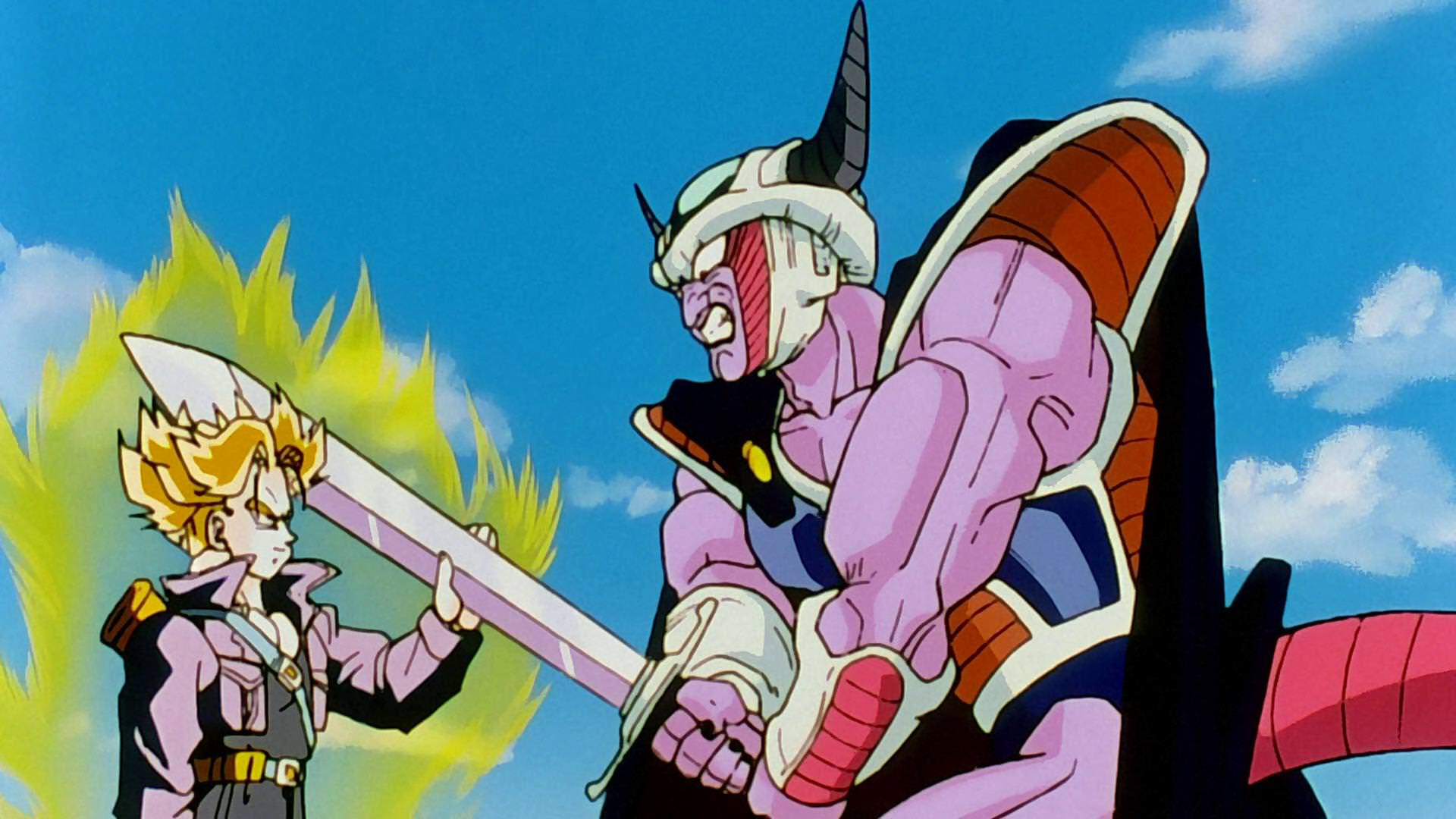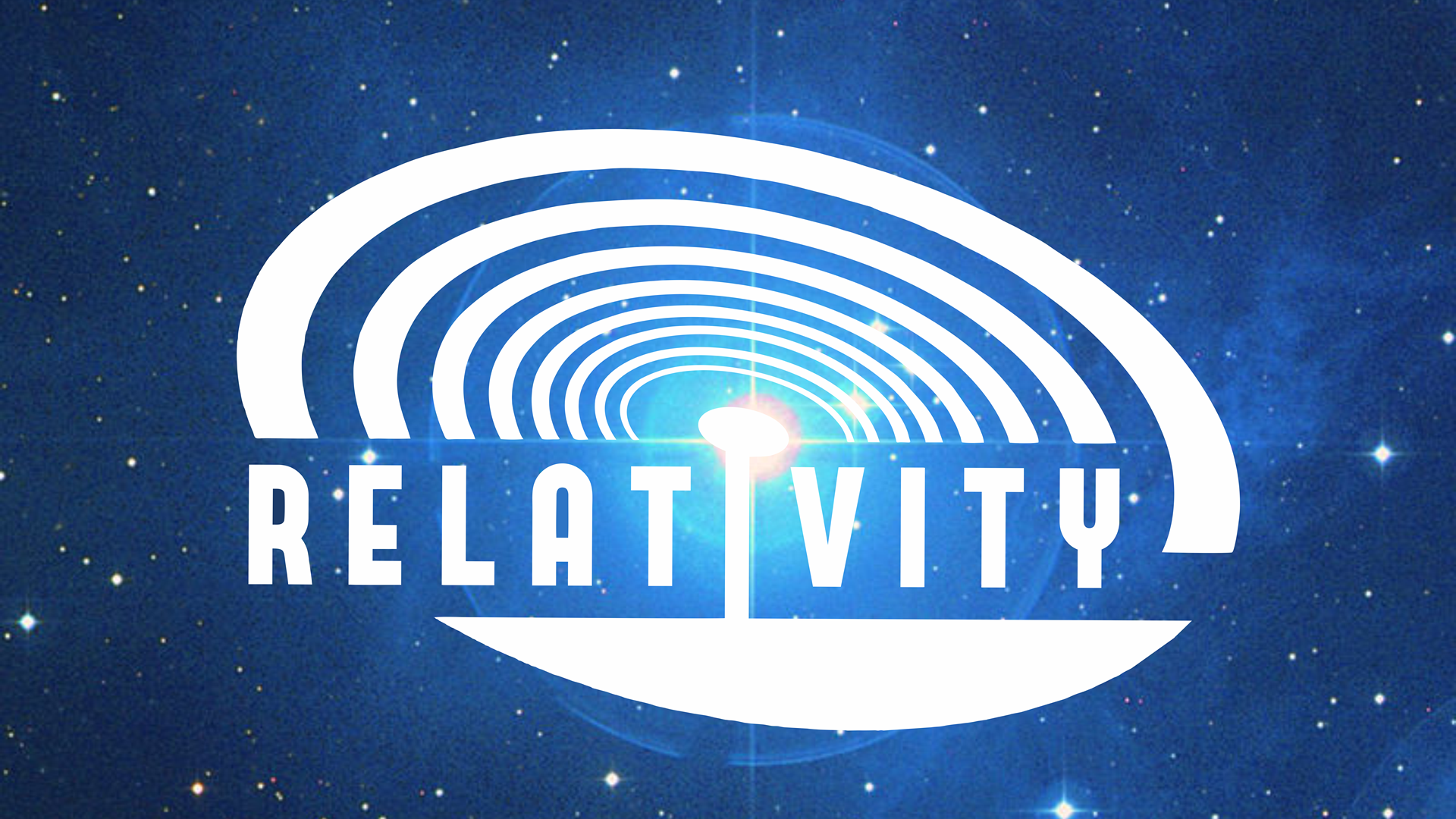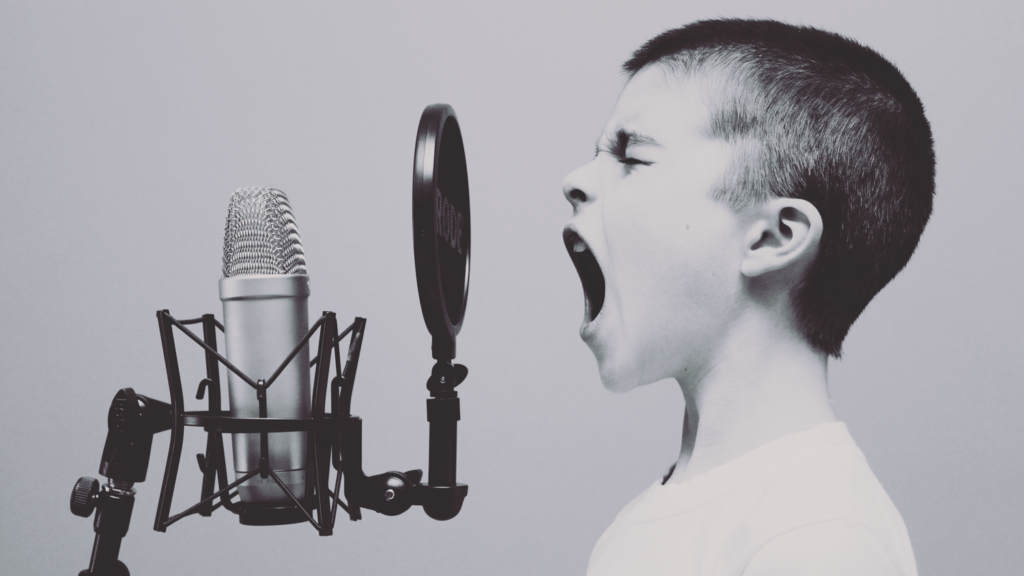I am not a voice actor. I’ve often thought voice-acting was reserved to the captivating, committed, confident, insightful, and overly out-going people with innate talent–you know, real actors.
Before early-2018, the most voice acting I had done was a failed attempt to dub Dragon Ball Z: The History of Trunks with my brother, Kary Brown, in the early aughts. Though the results wouldn’t be what anyone would call ground breaking–or even good for that matter–, at least the seed had been planted. And ultimately it was fun and challenging to try it out, even though I never thought I’d have the opportunity to do it on a real project that I really admired and loved.

“Wish I still had that video though, as well as our attempted rap album from the late-90’s.”
So going into a real voice-acting opportunity, I felt a bit ill-suited for the job of becoming a reoccurring voice of a character on the top-notch science-fiction serial, Relativity. But with seasoned director, writer, actor, encourage-er and friend Lee Shackleford running the show, I know I’d be in good hands.
Lee was beginning to write season three of his audio serial and floated the idea of bringing more voices into the fray. Up until season three, his cast included only himself, and the awesome Alana Jordan, almost exclusively. Before I knew it, he was asking me if I’d be interested in pitching in as a reoccurring voice.
Honored and in awe, I graciously accepted. I couldn’t help to think to myself, “What did Mr. Shackleford see in me?”, in addition of the, “Oh crap, hope I don’t mess things up.” In spite of a slight spell of fear and large amount of self-doubt, I let Lee know I was up for the challenge.
I read somewhere that in order to be a good voice actor, you have to first and foremost be a good actor. As I started to prepare for the role, I began to self-reflect on the qualities that I possessed and how it might aid in being a good actor. And while years of podcasting had given me a somewhat moderate vocal presence, I was very much lacking in the areas of confidence, innate talent, and technique.
The lack of these qualities may be the result of me being an textbook introvert through and through. Thus finding it hard at times to get my own words, thoughts, feelings, and emotions out and expressed in a somewhat coherent fashion. The task of voice-acting would compound those fears by adding the need of conveying someone else’s words, thoughts, feelings, and emotions into a believable and memorable performance.

Once more, after reading the ten episode script that Mr. Shackleford had prepared, I couldn’t help to feel even more overwhelmed. The role I was to portray, Marcus Dupree (Data Specialist One), was in this season a lot! And as the season three ensemble of voice actors began to come together over the next few months, the range of talent assembled was humbling, as well as motivating. I almost immediately begin looking into voice-techniques, listening to voice-acting podcasts, and looking into others in the industry.
So, what did I learn? Voice acting is hard! Or at least it was for me. Why? Because so many factors come into play when trying to portray a role. From trying to portray the character as natural, to understanding and conveying the feelings and thoughts of the written material. The realization of a character is not an easy task.
My overly simple approach to preparing for the role involved reading the script a few times, talking to Mr. Shackleford about what he was looking for exactly, and also sending up a prayer that I wouldn’t botch Lee’s masterpiece.
The thing I found most helpful in this process was the direction of Mr. Shackleford. Although a role can be portrayed in many ways, the most important thing is trying to realize the original vision of the writer or director. What was Lee thinking when he was writing this character? What can I bring that would add and not subtract from the role? What is the ultimate vision.
In this aspect, I was helped in spades by Lee’s direction. The hardest part was interpreting the lines as they were originally intended. Punctuation in the script helps greatly in this aspect, but you always hope your intent of delivery is in the same cadence and flow as what was originally conceived. Yes, as you would guess, many takes were in order. Although a few parts of my lines were done in a vacuum, much of it was done with the awesome direction and encouragement of my coach.

When you think about how someone will receive a creative work, it is always met with a bit of fear as to how one will interpret the work. Was I able to convey the meaning of this script effectively to the listener? Was the performance nuanced enough to evoke a particular message effectively? The previous two questions just begin to scratch the surface. There are so many factors that play into how a performance is received. I guess the real question we need to ask is; how did I personally receive my performance?
All in all, I think I was pretty happy with how my performance turned out. And at some point; you just have to trust the direction you are given from the show-runner/director and trust yourself. Of course there will always be things you think you can do better, but I am more than happy and honored to have been a part of the Relativity Podcast! This show has driven me to try and be more creative and supportive in embracing the performing arts.
What’s next? With season three in the books, we’ll have to see where season four takes us. If you are curious about how I actually did in my performance, please be sure to catch up on Relativity at relativitypodcast.com. The Relativity podcast is a must listen for any sci-fi geek. I’m also open to any constructive criticism.
Are you a voice actor? Let me know your approach. Comment with any projects and endeavors you’ve been on so I can check them out. Let’s learn from each other! Thanks for reading.